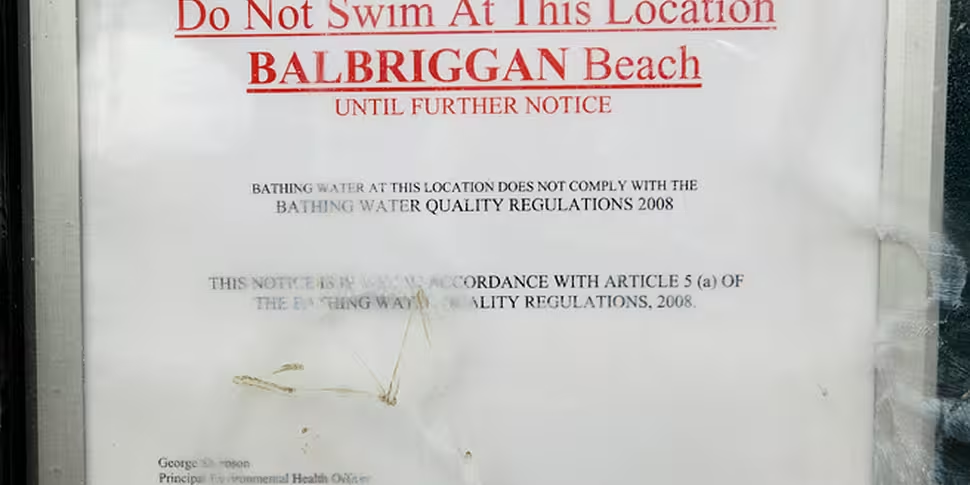A new report has found that almost a quarter of the biggest waste water treatment plants in Ireland do not meet European Union standards.
The findings of the Environmental Protection Agency (EPA) show 38 plants are failing when it comes to treating sewage properly. That includes sites in Dublin and Cork.
The list of quality failures also includes large towns such as at Killybegs, Youghal, and Lower Cork Harbour - where sewage is receiving no effective treatment.
It says 44 areas have no waste water treatment and are discharging raw sewage straight in to the sea in some cases.
The EPA says Irish Water has inherited a system suffering from a legacy of under-investment - and that the priorities must be to eliminate raw sewage discharges, reduce the pollution impact of sewage and improve the performance of existing wastewater infrastructure.
Source: EPA
It also found that waste water discharges contributed to poor bathing water quality at four sites in 2013 including Clifden and Galway City. It adds that four additional sites are at risk from waste water discharges, including Youghal and Ardmore.
Gerard O'Leary is director of the EPA's Office of Environmental Enforcement.
"Ireland adopted the European Directive on urban waste-water treatment 20 years ago. The roadmap laid out in this was intended to protect the environment from the adverse effects of sewage."
"The 38 urban centres that fail to meet the required standard place the health of people and the environment at risk."
"The reasons for the failures range from, in some instances a complete absence of infrastructure to treat sewage, in others, inadequate infrastructure, and in further instances, poor management and operation of infrastructure," he added.










